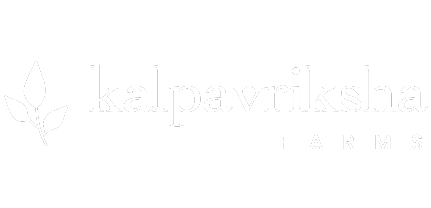In today’s fast-paced, convenience-driven world, the art of making things by hand is often overlooked. Yet, learning how to create your own sustainable products – whether it’s soap, natural cleaners, or fresh produce from your garden – offers benefits that go beyond just saving money. These skills empower you, reduce your environmental footprint, and add a sense of creativity and mindfulness to your daily life.
The Growing Popularity of Handmade Soap
Handmade soap is more than just a luxurious bath product – it’s a healthier and eco-friendlier alternative to many mass-produced soaps on the market. When you learn how to make soap at home, you gain control over the ingredients, allowing you to avoid synthetic fragrances, harsh detergents, and unnecessary chemicals.
From herbal infusions to essential oils, each bar can be customised to meet your skin’s needs. For many, this process also turns into a small business opportunity, as handmade soaps are in high demand in wellness and eco-friendly markets.
The Role of Gardening in Sustainable Living
Gardening is not just a relaxing hobby – it’s a practical skill that promotes healthier eating, reduces waste, and fosters a closer connection to the environment. Enrolling in gardening courses for beginners can help you understand everything from soil preparation to seasonal planting schedules.
Even if you live in an apartment, techniques like container gardening, hydroponics, and balcony gardens can help you produce herbs, vegetables, and flowers year-round.
The Magic of Bio Enzymes for Home Cleaning
Chemical-heavy cleaners may get the job done, but they can harm both your health and the environment. Learning how to make bio enzyme at home offers a natural, cost-effective, and sustainable alternative. These enzymes, created through the fermentation of fruit peels and jaggery, work as powerful cleaning agents, deodorising and disinfecting surfaces without the toxic residue.
The best part? You’re reducing organic kitchen waste while creating a versatile cleaning solution that can be used for mopping floors, cleaning bathrooms, and even as a natural pesticide in gardening.
Why These Skills Matter More Than Ever
With rising awareness about sustainability, consumers are actively seeking eco-friendly alternatives. By learning these skills, you:
- Reduce reliance on packaged, chemical-laden products
- Save money over time
- Support a zero-waste lifestyle
- Gain creative satisfaction from making something yourself
Turning Knowledge into Action
You don’t have to master everything at once. Start with one skill, experiment, and gradually add more. For example:
- Begin with a simple soap-making recipe.
- Plant a few herbs or vegetables in pots.
- Start fermenting your first batch of bio enzyme cleaner.
As you build confidence, you can expand into advanced techniques, attend local workshops, or even teach others.
Conclusion
Learning skills like soap making, gardening, and natural cleaning isn’t just about crafting products – it’s about adopting a lifestyle that values sustainability, health, and creativity. Once you start, you’ll not only enjoy the process but also inspire those around you to make greener choices.
